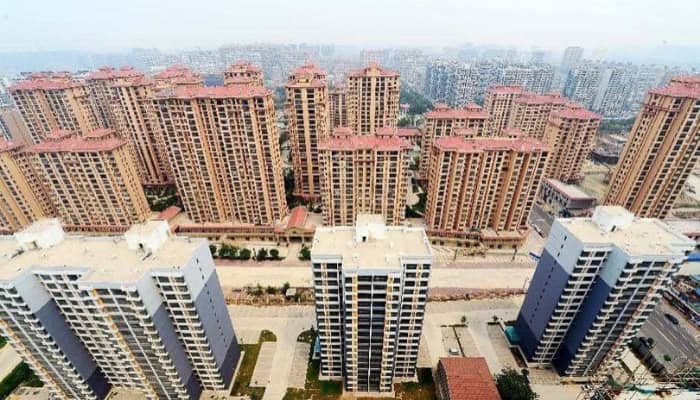The federal government and stakeholders in the housing sector of the Nigerian economy have differed sharply and significantly over the figures put across as the size of the housing deficit in the country.
While developers, investors, analysts and sundry stakeholders say the country has a wide housing demand-supply gap estimated at 17 million units, citing World Bank and United Nations report, the federal government is of the view that the figures do not exist anywhere.
This controversy explains partly why housing delivery, especially for low income earners, is not of top priority for government and even private developers who target the up market that is already saturated.
Babatunde Fashola, Nigeria’s minister for works and housing, says he is at a loss where the deficit which, according to him, is unclarified, unverified and unproven, is coming from.
“The last time Nigeria held its census was 2006. Since then, we have not held another. Then, where did we get this figure? Where did we get the 17 million housing deficit?” Fashola wondered, adding, “some people say it is from the World Bank. I have asked the World Bank and they have disowned that figure, saying it did not come from them.”
Continuing, the minister explained, “my understanding of housing deficit is that it is largely an urban problem—people migrating to the cities. If you go to the rural areas, you will see houses owned by people living in the cities. These houses are locked up. We cannot be talking about housing shortage when we have many houses that are empty.”
But the stakeholders object to the minister’s reasoning, insisting that, as at today, the United Nations and the World Bank have some facts about the housing deficit in Nigeria.
“Presently, Nigeria is estimated to be 200 million in population and the number of houses being built is far below the population growth in all ramifications,” notes Africahousingnews.com, an affordable housing advocacy platform in Nigeria.
The housing advocacy group says, should the government be doubtful about the international agencies’ figures in spite of the bare truth of homelessness of millions of Nigerians, it will be a welcome arrangement for the government to engage the World Bank that has served us these projected figures of the housing deficit to know how they arrived at the figure.
“We also recommend that an independent survey on the available housing deficit should be commenced by the federal ministry of housing to ascertain a more realistic figure,” the group said in statement obtained by BusinessDay in Lagos.
The group recalled that when Leilana Fartha, UN Special Rapporteur on the Rights to Adequate Housing, visited the country recently, she came up with her own information on the number of unoccupied houses in Nigeria’s major cities and reasons many were homeless, pointing to the fact that the houses being built were not adding value to the system.
“It is not rocket science for the federal government to know by now that the population of the country is increasing geometrically while the houses being built are far below the level of estimated progression,” the group noted.
Similarly, the Nigerian building and roads research institute (NBRRI) says the country has housing deficit more than the stated figure, citing findings by Worldometer, 2017, which noted that from 2012 to 2018, Nigeria’s population increased from 168,240,403 to 191,835,936, showing a significant addition of 23,595,533 people to the population.
“The housing deficiency has, therefore, climbed and is likely to worsen in the nearest future if urgent steps are not taken by the government in conjunction with all stakeholders to address the problem”, an official of the institute, said at a forum in Abuja.
Erejuwa Gbadebo, an architect and estate manager, told BusinessDay in an interview that Nigeria needed dependable data on its housing sector. “One of the biggest problems that we have is lack of data. People still quote 17 million units because there is no other data to prove or disprove it.
“We talk of homes demolished, burnt or new ones built, but the question is who is taking record of the number of houses that are being built and the ones we are losing?”, she queried.
One of the first things the industry should do, she advised, was to start taking stock of what is available—what house-types were there and what they changed hands for. “There must be a way of capturing this data so that people can have accurate number such that we should not continue to fight a battle we may have won or will never win,” she advised further.
Source:Businessday.ng




